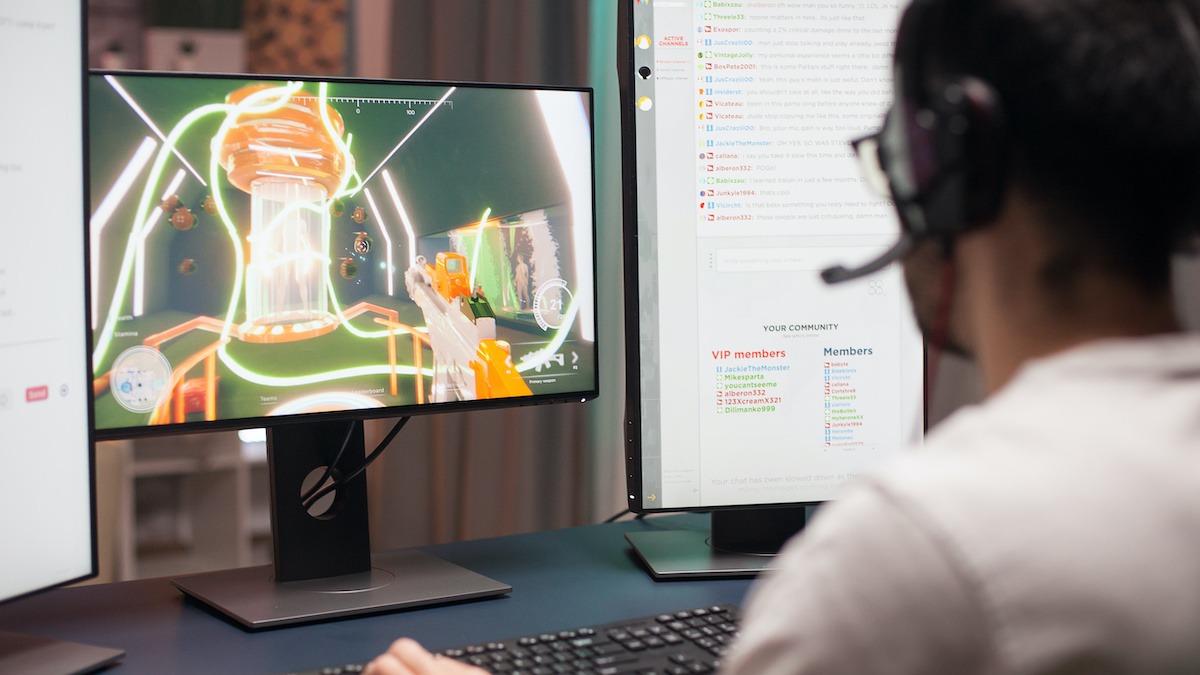Introduction to Creating Video Games
Game development is the process of creating video games, involving a combination of art, design, programming, and testing. It’s a dynamic and exciting field that allows individuals to bring their creative visions to life in the form of interactive experiences. For beginners, diving into game development can seem daunting, but with the right guidance and resources, anyone can learn to create their own games.
Getting Started: Understanding Game Engines
A game engine is a software framework designed to facilitate the creation and development of video games. Popular game engines like Unity and Unreal Engine offer beginner-friendly interfaces and robust features that streamline the game development process. These engines provide tools for designing levels, implementing gameplay mechanics, and optimizing performance, making them ideal choices for aspiring game developers.
Learning the Basics: Programming Languages for Game Development
Programming is a fundamental aspect of game development, as it allows developers to create the logic and behavior of their games. While there are many programming languages used in game development, beginners often start with languages like C# for Unity or C++ for Unreal Engine. These languages offer a good balance of power and simplicity, making them accessible to newcomers.
Art and Design: Graphics and Animation
Graphics and animation play a crucial role in creating immersive gaming experiences. Beginner game developers can use tools like Blender and Adobe Photoshop to create 2D and 3D assets for their games. Learning the principles of art and design, such as composition, color theory, and animation techniques, can help developers create visually stunning games that captivate players.
Gameplay Mechanics: Understanding Game Design
Game design involves crafting the rules, objectives, and interactions that define a game. Beginner game developers should focus on creating simple yet engaging gameplay mechanics that are easy to understand but offer depth and complexity. By prototyping and playtesting their ideas, developers can iterate on their designs and refine them into polished gameplay experiences.
Testing and Debugging: Ensuring Quality
Testing is an essential part of the game development process, allowing developers to identify and fix bugs and issues before releasing their games to the public. Beginner developers can use tools like Unity Test Runner and Unreal Engine’s built-in debugging tools to test their games across different devices and platforms. By thoroughly testing their games, developers can ensure a smooth and enjoyable player experience.
Publishing and Distribution: Sharing Your Game
Once a game is complete, developers can publish and distribute it to players through various platforms, such as Steam, itch.io, and mobile app stores. Beginner developers should research the requirements and guidelines for each platform and consider marketing strategies to promote their games to a wider audience. Building a community around their games can also help developers gain valuable feedback and support.
Resources and Communities: Finding Support
There are numerous online resources and communities available to help beginner game developers learn and grow. Websites like Udemy, Coursera, and YouTube offer tutorials and courses on game development topics, while forums like Reddit’s r/gamedev and Discord servers provide opportunities to connect with other developers and seek advice and feedback.
Common Challenges and How to Overcome Them
Game development can be challenging, with obstacles ranging from technical issues to creative blocks. Beginner developers should approach these challenges with patience and persistence, seeking help from online resources, communities, and mentors when needed. By breaking tasks into smaller, manageable steps and staying focused on their goals, developers can overcome obstacles and continue making progress.
Staying Motivated: Tips for Beginner Game Developers
Maintaining motivation is essential for success in game development, especially for beginners facing steep learning curves and inevitable setbacks. Setting achievable goals, celebrating small victories, and seeking inspiration from other games and developers can help keep motivation levels high. Remembering the reasons why you started game development in the first place can also provide the motivation needed to push through difficult times.
Learning from Failure: Embracing the Process
Failure is a natural part of the game development process, and beginner developers should embrace it as an opportunity for growth and learning. By analyzing failures, identifying what went wrong, and making adjustments, developers can improve their skills and become better game creators. Remember, every setback is a chance to learn and improve for the next project.
Seeking Feedback: Improving Your Skills
Feedback is crucial for growth and improvement in game development. Beginner developers should actively seek feedback from players, peers, and mentors, using it to identify strengths and weaknesses in their games. Constructive criticism can help developers refine their designs, polish their gameplay, and ultimately create better games.
Future Trends in Game Development
The field of game development is constantly evolving, driven by advancements in technology and changes in player preferences. Emerging technologies like virtual reality, augmented reality, and machine learning are shaping the future of gaming, offering new opportunities for innovation and creativity. Aspiring game developers should stay informed about these trends and be prepared to adapt to the changing landscape of game development.
